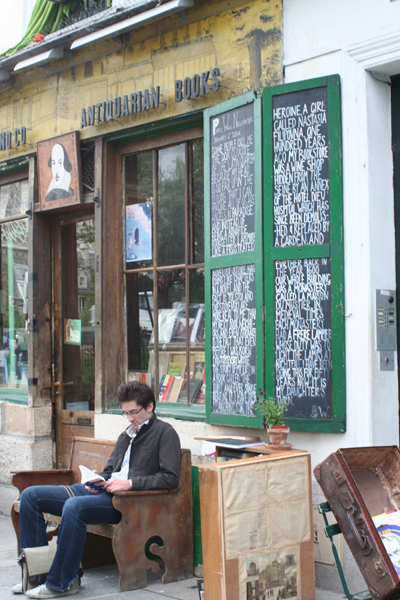A fellow blogger, Nathan Bransford, asked a question this week: are publishing houses in the midst of a public perception problem? My response is an analogy of a lovely mansion overlooking a bustling town.
At first the mansion is built to encompass the view and give townsfolk something beautiful to see. It’s so appealing, the townsfolk want to visit. So many people come that the mansion puts up a fence to help manage crowds. But townsfolk keep coming because the fence added mystique.
Soon the mansion hires a gatekeeper or two, or three. Instead of a haven, the mansion slowly becomes a fortress. Eventually no one new gets in without a scheduled appointment and pre-approval.
Tired of the bureaucracy, the townsfolk stop visiting altogether. The fortress seems sinister. The angry townsfolk below make the inhabitants of the mansion feel trapped, too. One-by-one the inhabitants leave to find a place that is smaller. More open.
After a time, the soulless mansion begins to crumble. Soon, no once can remember why it was built in the first place.
Publishers were built in the first place to help writers get their words to readers. That seems to have been forgotten by so many inhabitants–to the point that publishers are rejecting authors based on past sales, rather than the merits of new writing (the Patricia O’Brien story).
As a writer in author-town, the fortress of the publishers seems impenetrable, and I’m hoping someone comes along and remodels it soon before it crumbles completely.

